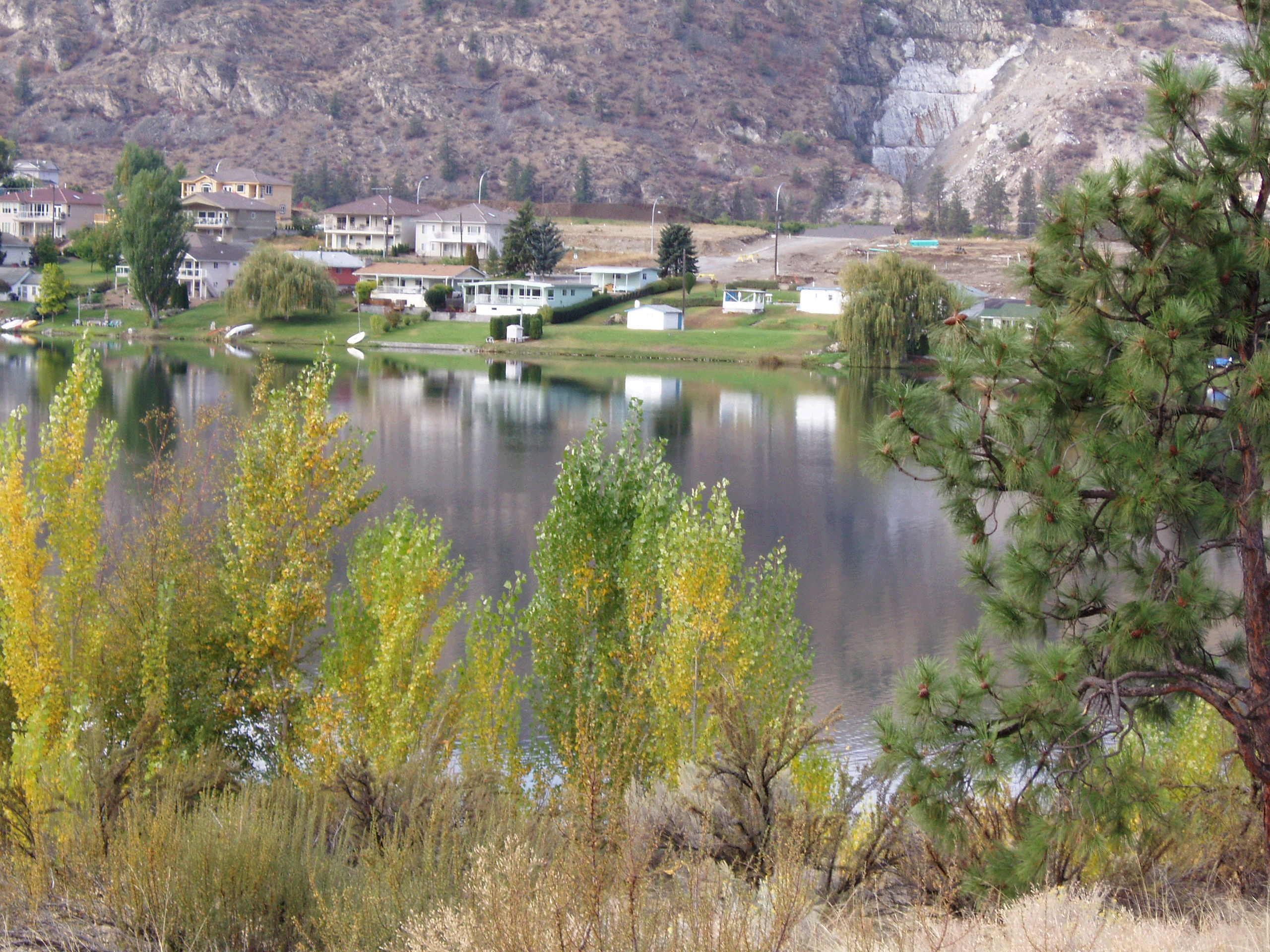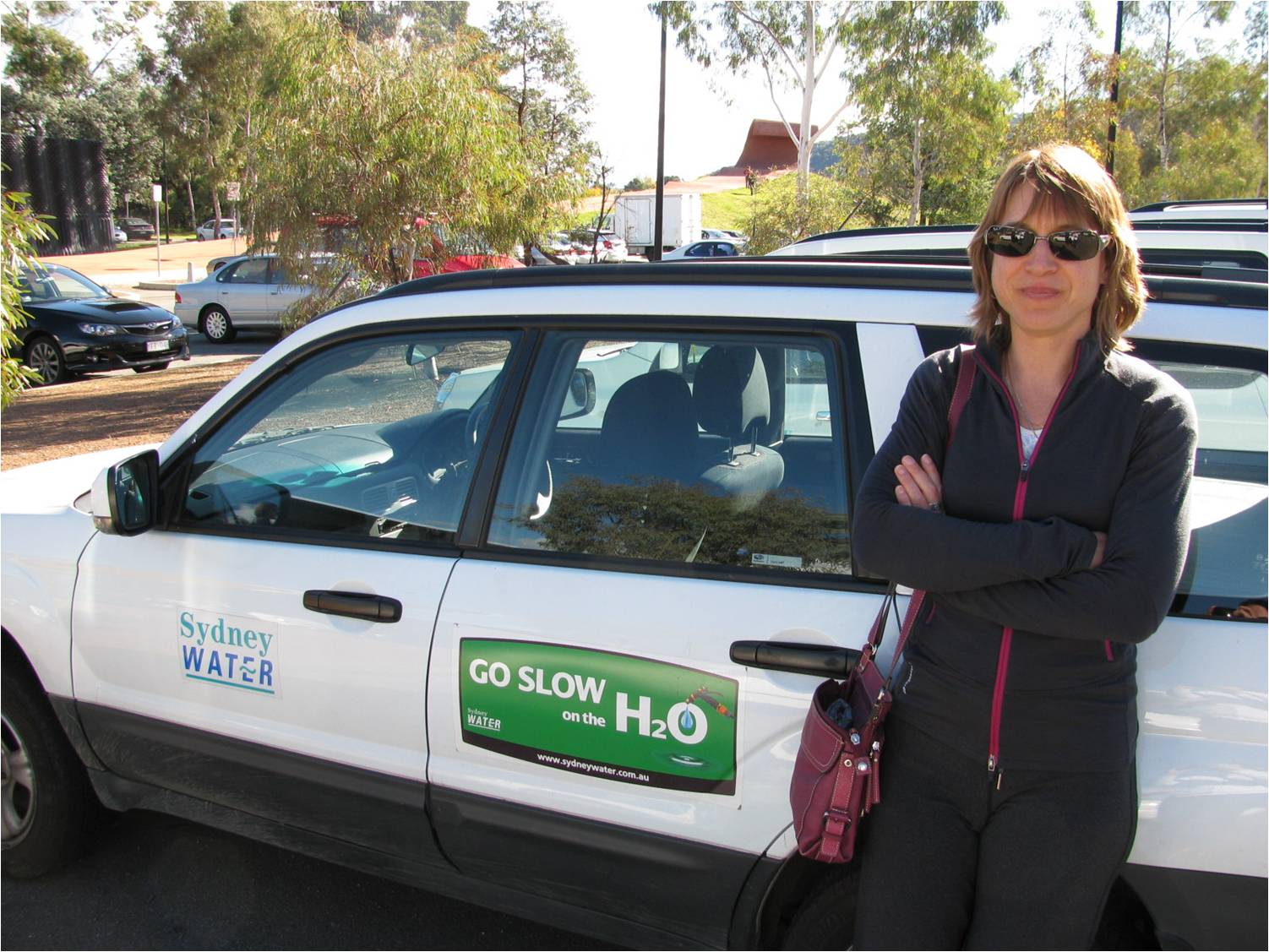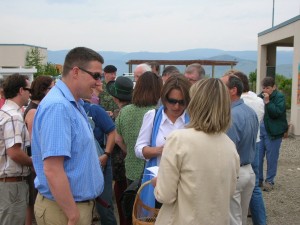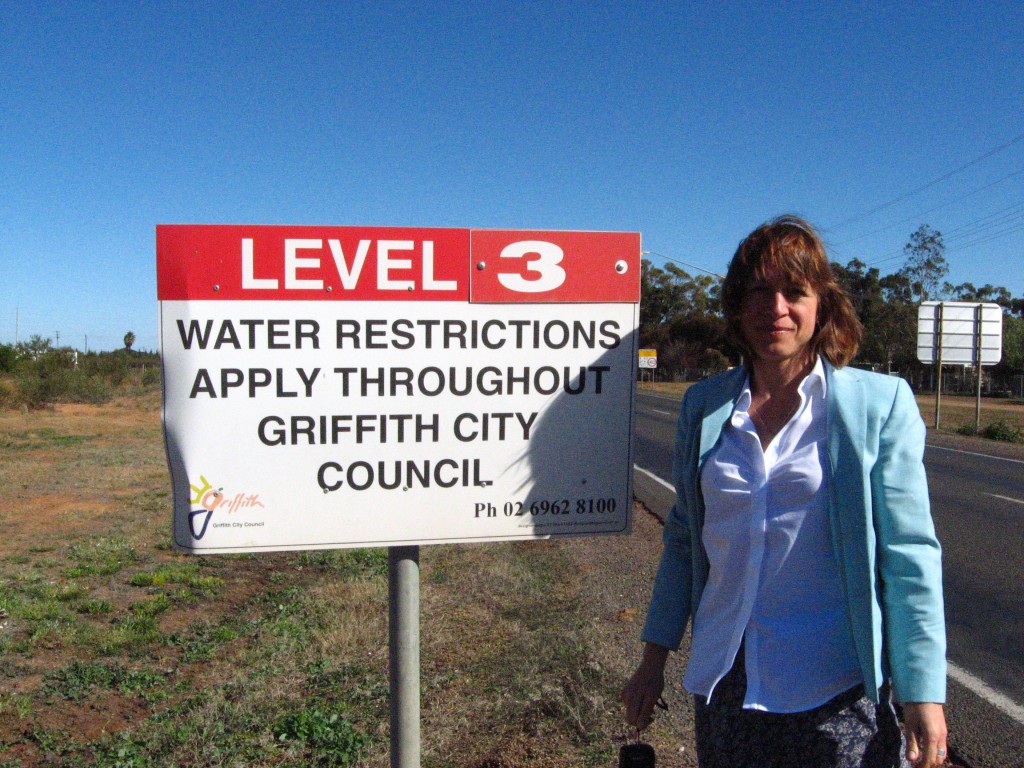“Water, like religion and ideology, has the power to move millions of people. Since the very birth of human civilization, people have moved to settle close to it. People move when there is too little of it. People move when there is too much of it. People journey down it. People write, sing and dance about it. People fight over it. And all people, everywhere and every day, need it.” – Mikhail Gorbachev
Here in the Okanagan, we’ve had a summer of news and controversy about lakeshore protection. One study, covered by the Globe and Mail, reported that when provincial staff randomly checked 35 lakeshore properties on Okanagan Lake, they found 35 violations for structures or other disturbances to the foreshore. In July, a Foreshore Inventory Mapping study by a group of local governments and environmental organizations (OCCP), found that only 46% of Okanagan Lakeshore remains in a natural state. Later that month, in an editorial to the Vancouver Sun, Tom Siddon, former federal fisheries minister, called on the Premier to set a national example and improve protections through the modernization of the Water Act.
I think of this situation as “death by a thousand cuts,” and would like to address it in a way that doesn’t involve a thousand Band-Aids. This is an issue for water quality protection, as much as anything. I had a visitor from China this summer who couldn’t get over the health of our water, protected by the natural areas around the lake. Continue reading





